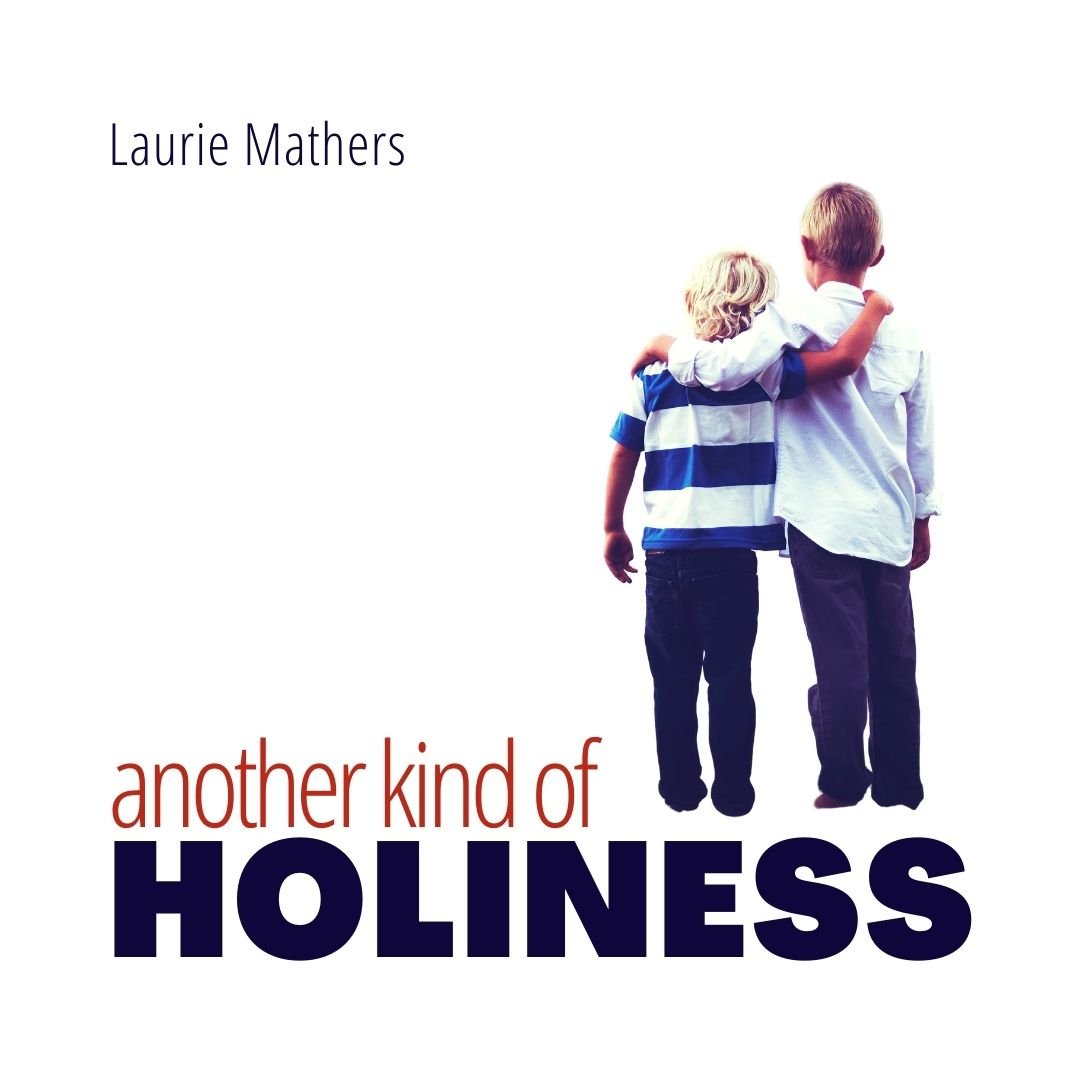Another Kind of Holiness
“O Lord, who shall sojourn in your tent,
who shall dwell on your holy hill?” Ps. 15.1
I went to a lot of churches, for a lot of years, before finally trusting Christ at age 40. During those years, I picked up a lot of ideas about God and heard a lot of talk about holiness.
Several of those churches put a lot of emphasis on speaking the right words to build faith, to appropriate God’s promises, and to ensure I remained safe under the umbrella of God’s protection. Speaking the wrong words would open me up to the curses of Deuteronomy 28.
One church I visited refused to let me in because I was wearing slacks. But since I was the guest of an influential person, the ushers hurried to get a special dispensation from the pastor to allow me entrance. Permission was granted, but by then I was too ashamed to go in.
My Christian college had another set of standards. There, speaking in tongues was the only verifiable proof of the baptism of the Holy Spirit. Beyond this, in addition to the biblical mandate against unmarried sex, we were bound by various other rules which seemed to be their criteria for holiness: no drinking, no tobacco, no “social” dancing, and more.
Over the years I was taught a host of other things that came to define my idea of “holiness”: that secular music was of the devil, that homeschooling was the only godly choice, that creating art was a violation of the Second Commandment, that reading fiction was a waste of time at best, that wearing make-up was sinful vanity, that not wearing make-up was “letting myself go” and tempting my husband to stray, that using birth-control was a rejection of God’s plan, that women should not work outside of the home. That’s the short list. But never did I hear holiness described like this:
“He who walks blamelessly and does what is right and speaks truth in his heart; who does not slander with his tongue and does no evil to his neighbor, nor takes up a reproach against his friend; in whose eyes a vile person is despised, but who honors those who fear the Lord; who swears to his own hurt and does not change; who does not put out his money at interest and does not take a bribe against the innocent. He who does these things shall never be moved.” Ps. 15. 2-5
The blamelessness of God’s people is reflected first and foremost in how we treat each other. Holiness is revealed in loyal friendships, in rejecting slander, in refusing to profit at the expense of each other, in defending the innocent. It is built on a fear of God that leads us to honor those He has chosen for His own, those whom Christ has purchased with His blood. The call to holiness is not a call to legalism. It’s a call to something deeper and more difficult. It’s a call to love.
*******
Psalm 15
O Lord, who shall sojourn in your tent?
Who shall dwell on your holy hill?
He who walks blamelessly and does what is right
and speaks truth in his heart;
who does not slander with his tongue
and does no evil to his neighbor,
nor takes up a reproach against his friend;
in whose eyes a vile person is despised,
but who honors those who fear the Lord;
who swears to his own hurt and does not change;
who does not put out his money at interest
and does not take a bribe against the innocent.
He who does these things shall never be moved.

